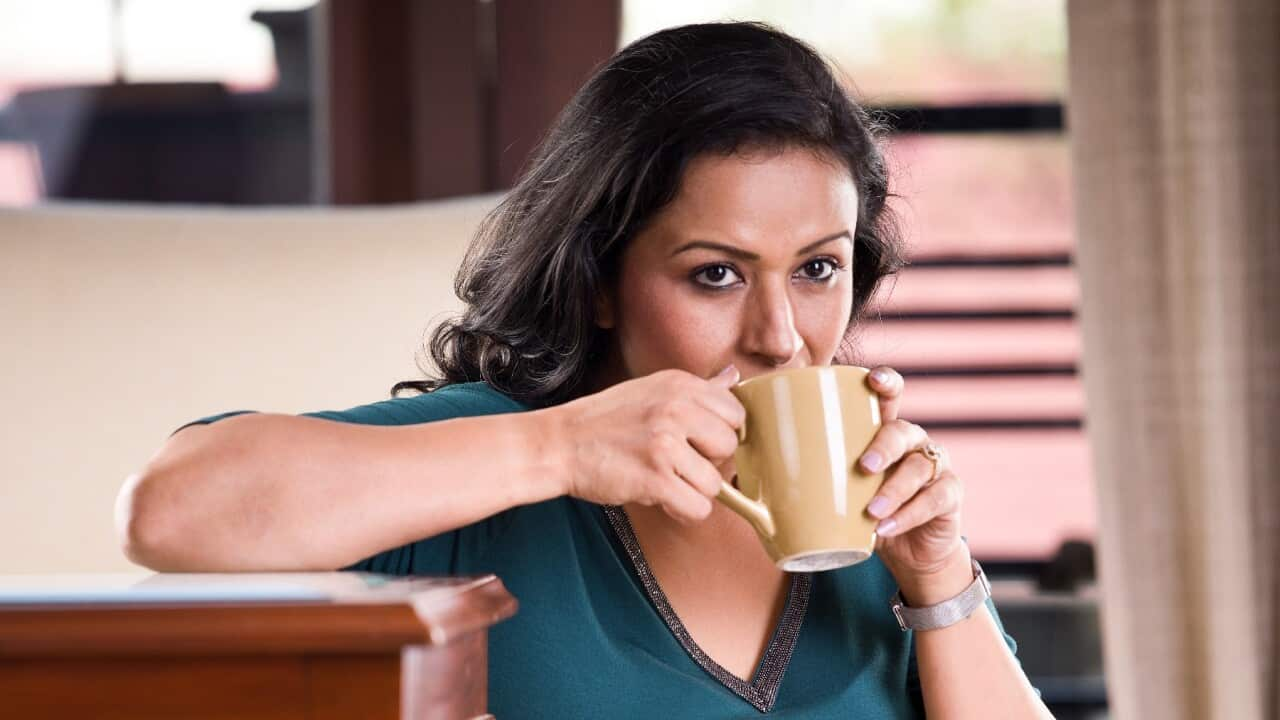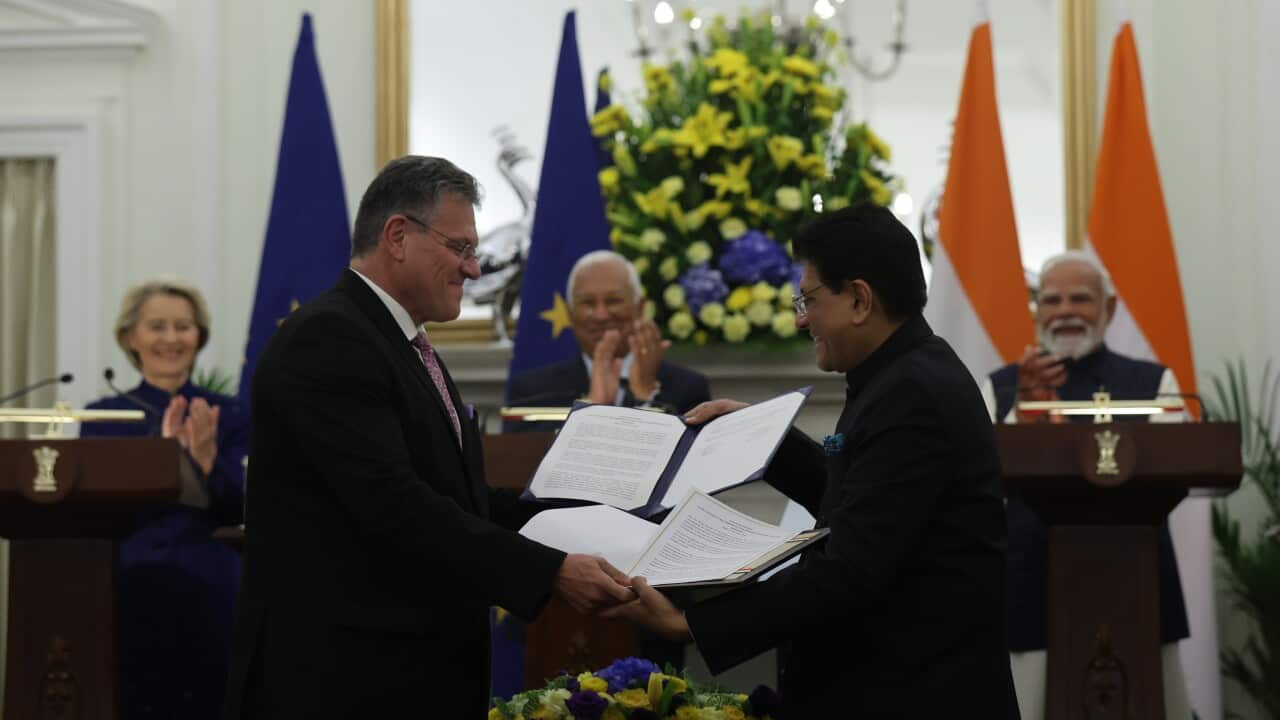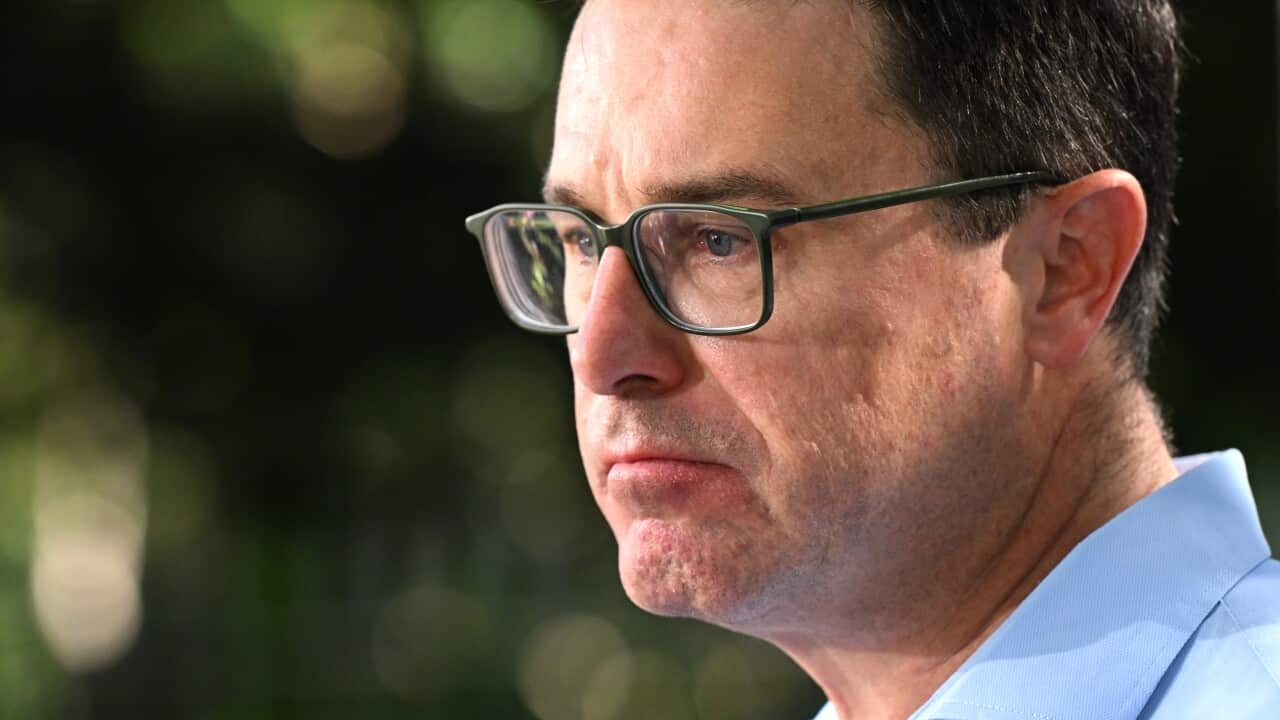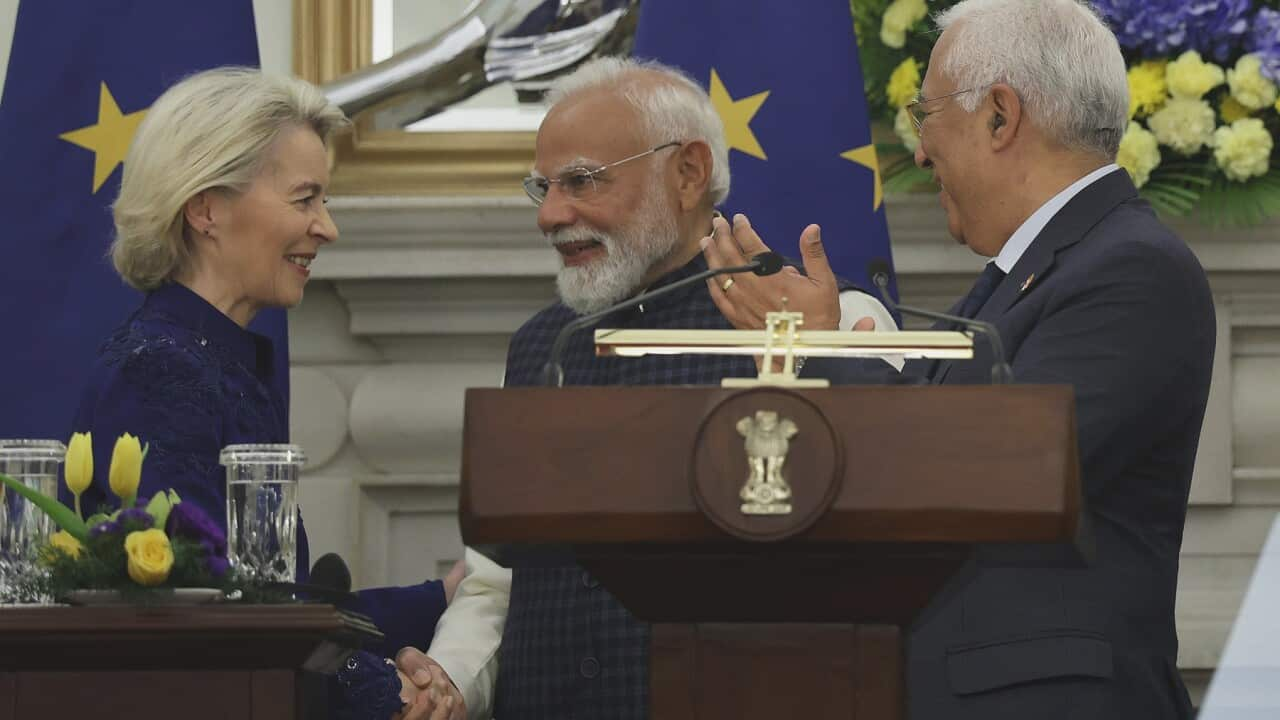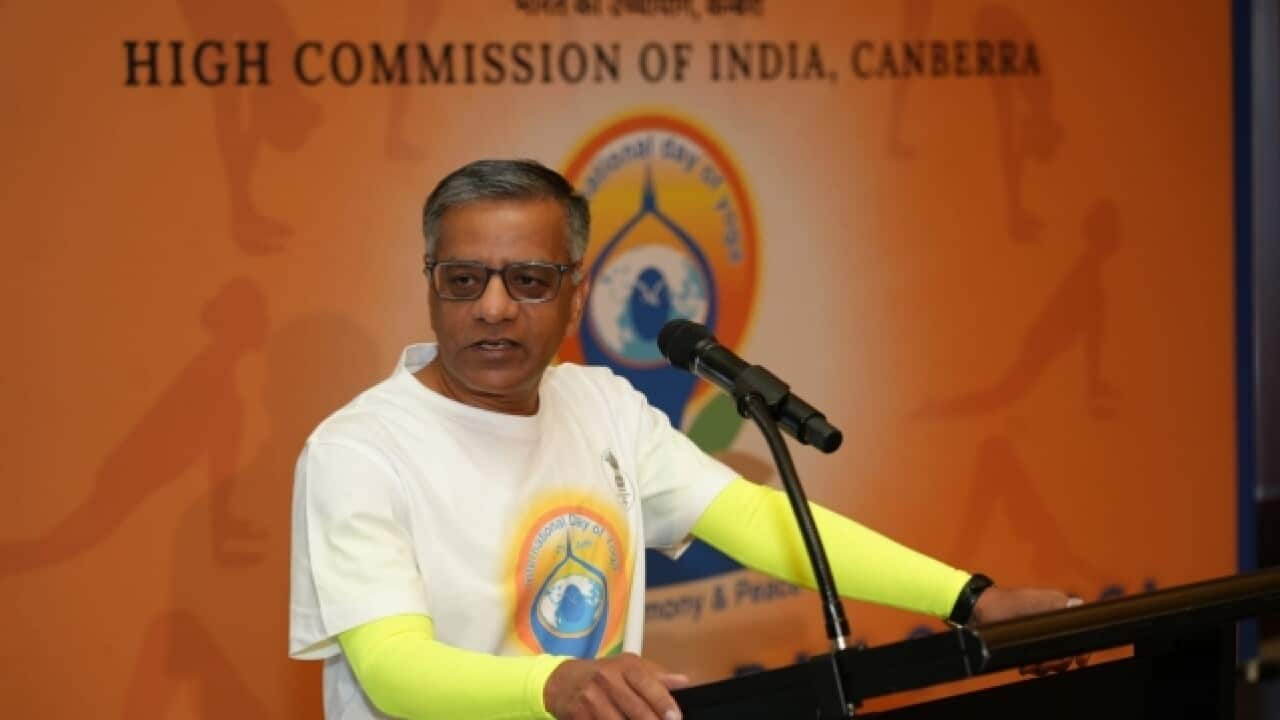Laura Bramante knew something was wrong when she couldn't taste or smell her morning coffee a week ago
It was an intense loss of smell and taste like she had never experienced before.
Highlights:
- As at 6:00 am on 2 April 2020, there have been 4,976 confirmed cases of COVID-19 in Australia.
- A survey in South Korea found 15 per cent of COVID-19 patients had some degree of smell loss.
- Virologist from UNSW says more research is needed
The 29-year-old tried at least three times to get tested in Melbourne but was knocked back because she didn't fit the criteria.
"It was the only symptom that I had and they said to me that they'd actually never heard of the taste or smell symptom before and that they won't go ahead with getting me tested," she said.
It was only after exaggerating other symptoms that she was eventually tested.
The results came back positive and she's been in quarantine since.
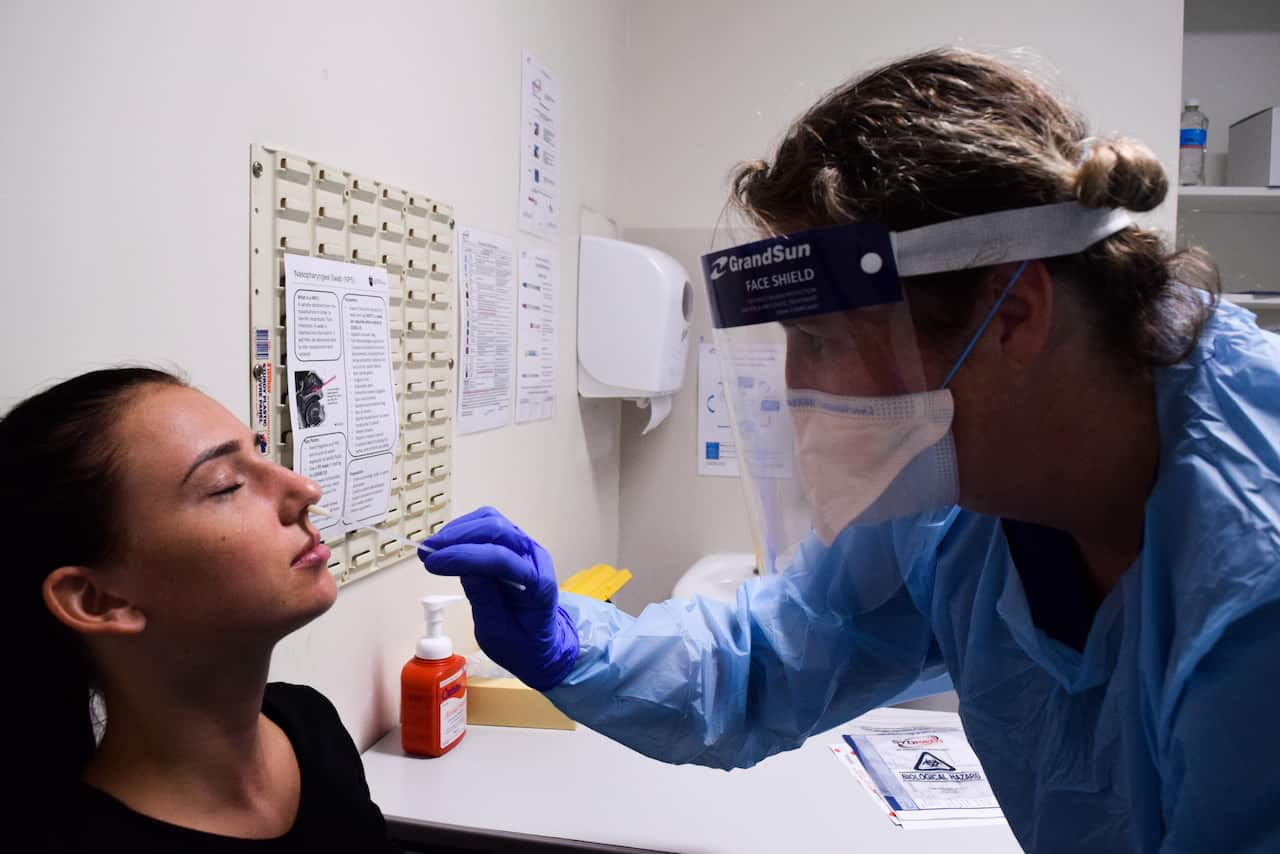
Melbourne ear nose and throat surgeon Dr Stephen Kleid says it's not an unusual symptom for the virus.
"It's because the lining of the nose and sinuses is the same as the lining of the lung and that's the target organ that the virus initially attaches to", Dr Kleid said.
Follow SBS Hindi’s special coverage of COVID-19 outbreak
Globally, it's more common than we think; a survey of 2,000 patients with a mild infection in South Korea found 15 per cent had some degree of smell loss.
In Germany, 2 in 3 confirmed cases have a condition known as anosmia.
And in the UK, ear nose and throat surgeons wrote a letter saying "these patients maybe some of the hidden carriers that have facilitated the rapid spread of COVID-19."
As more Australian patients experience the condition, there are calls for the loss of sense of smell to be recognized as an official symptom here to identify those unwittingly carrying and potentially spreading the virus.
I would suggest that patients who've lost their sense of smell should be tested and isolated again they should be treated as if they might be carrying the virus."
But Professor Bill Rawlinson, a senior medical virologist from UNSW says more research is needed because it's not that common yet in Australia.
Most experts agree the testing criteria will be broadened depending on the number of kits and resources.
Ideally, though, they won't be needed if everyone stays home.
Listen to the podcast:
Has COVID-19 outbreak affected you adversely? Share your story with us
Tune into SBS Hindi at 5 pm every day and follow us on Facebook and Twitter
People in Australia must stay at least 1.5 meters away from others and gatherings are limited to two people unless you are with your family or household.
If you believe you may have contracted the virus, call your doctor, don’t visit, or contact the national Coronavirus Health Information Hotline on 1800 020 080.
If you are struggling to breathe or experiencing a medical emergency, call 000.
